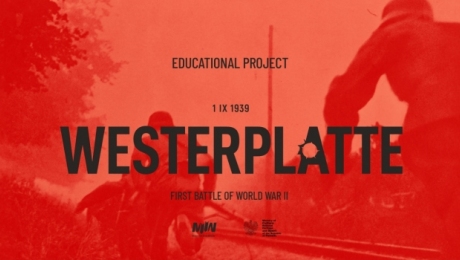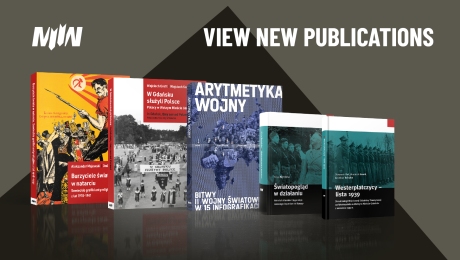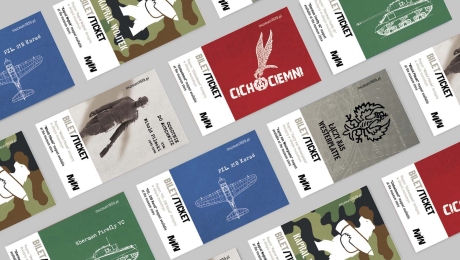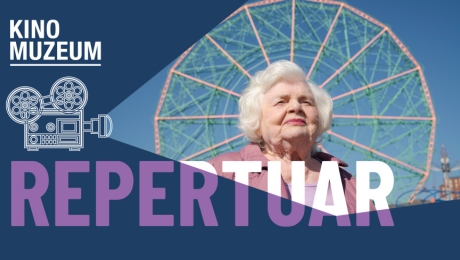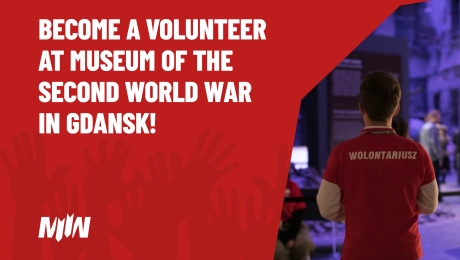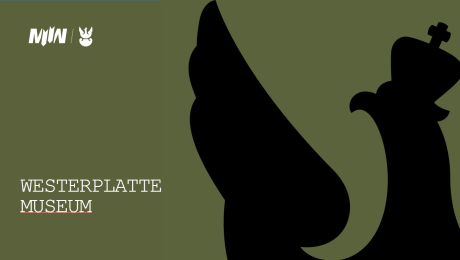The war's long shadow
The war's long shadow
The third bloc of the exhibition is called The war’s long shadow.
The third bloc of the exhibition links the story of the end of the war – the fall of the Third Reich, the liberation of Europe and the simultaneous subordination of a large area of it to the Soviet Union, as well as the dropping of the A-bombs on Japan – with the narrative about the war’s outcomes.
While the exhibition respects 1945 as the end of the war, it also sketches out its principal long-term effects: the vast human and material losses, the frontier changes in Central and Eastern Europe, the division of the continent and the Sovietization of the lands to the east of the Elbe, as well as the post-war migrations, the resettlement of Poles from the areas incorporated into the Soviet Union, the expulsions of Germans and the emigration of Jews to Palestine. This bloc also covers the settling of accounts, ranging from tribunals for German and Japanese war criminals to individual acts of revenge in Europe against collaborators and people believed to have assisted the enemy.
Closing the exhibition is an enormous screen showing, side by side, key events on the two sides of the Iron Curtain all the way until the fall of Communism in Central Europe and the abolition of the post-war division of the continent.






